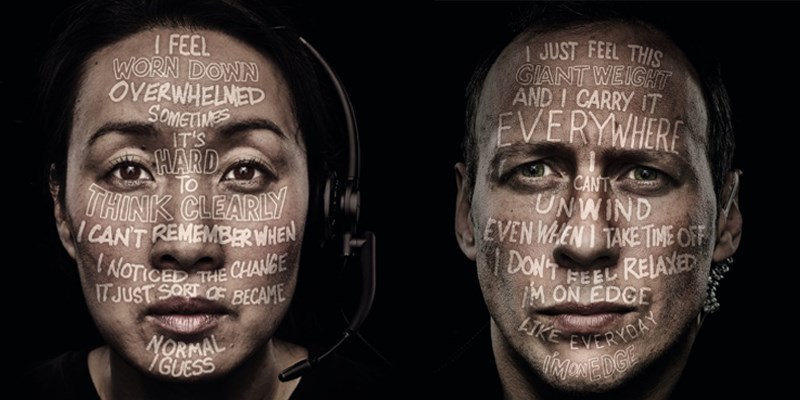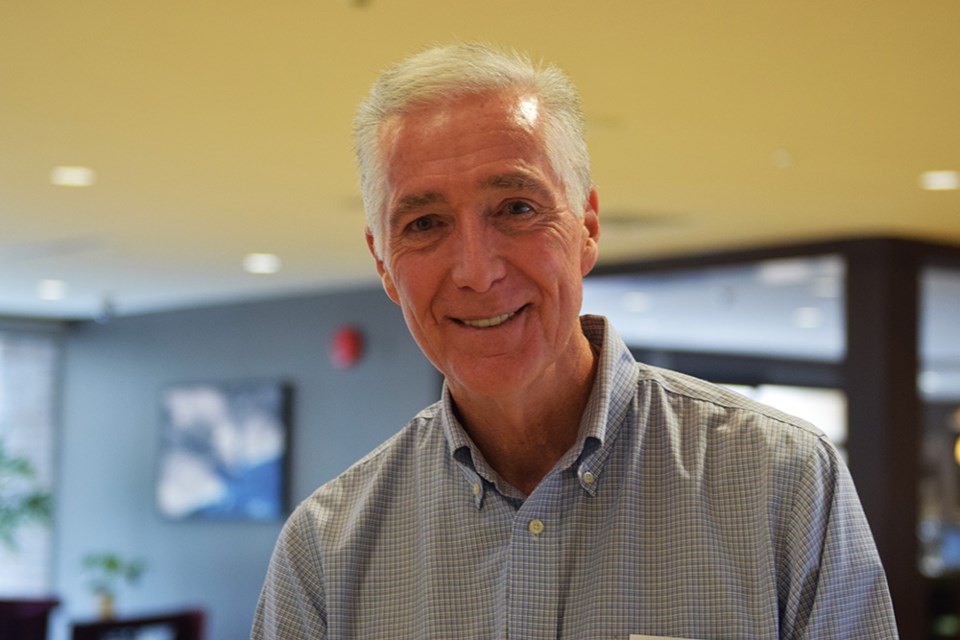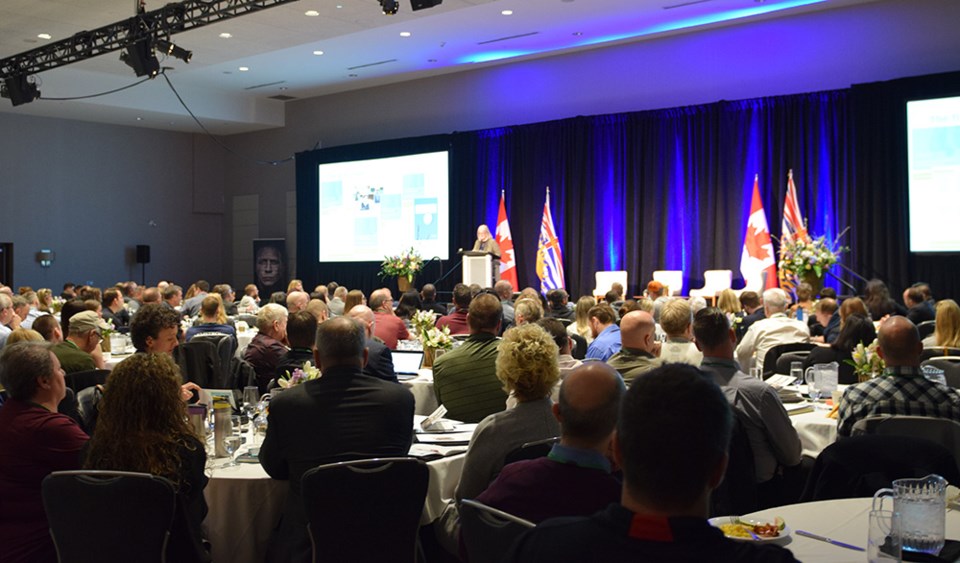More than 350 first responders, determined to improve mental well-being in their line of work, packed into a Richmond hotel Thursday for an inaugural conference on mental health.
Topics on the agenda included dispelling stigma around mental illness, learning how to deal with it and new research that suggests peer support could mitigate the stressful effects of a career where traumatic calls are part of a regular work day.
“Having a conference like this really helped me in particular, because I'm sitting there now with 300 other people. Like-minded people,” said Nahum Ip, a Richmond-based district manager with BC Ambulance Service.
“That I didn't think were there before. And that's huge for me,”
Ip is a critical incident stress management instructor, and he wants to bring the post-call debriefing sessions with peers into paramedic training programs.
“It's important because I think we're just beginning now to see the importance of critical incident stress among first responders. We need to bring it out into the front.”

Firefighters, paramedics, police officers and other first responders experience a tough cocktail of stressors in their line of work.
They’re exposed to graphic and unnatural scenes, the work hours can be demanding and the pressure to live up to the “hero” archetype of their job can be intense.
“If you’re not a good cop or firefighter, you’re gonna get yourself killed. If you’re not a good paramedic, you may get other people killed,” said keynote speaker Chief Bobby Halton.

But those at the conference came together to share tools for managing those stressors and dealing with mental illnesses like depression, anxiety and PTSD.
Cheryl Drewitz-Chesney’s first health care job was as a paramedic, and she’s seen many close friends encounter PTSD.
She presented research Thursday at the Sheraton in Richmond that suggests debriefing with a trusted colleague, after a tough call, can be helpful for paramedics.
“We need to put a greater emphasis on peer support in the workplace. And support paramedics speaking with other paramedics that they're familiar with, that they're comfortable with.”
In particular, she’d like to see them given time and space to have those conversations while they’re at work.
For Ip, the Richmond paramedic, the most important thing is to make sure colleagues know there’s help available.
“At the beginning of my career in particular, nobody came to my rescue,” he said.
“So about four or five years in, I decided I would not let anybody go alone at this.”



